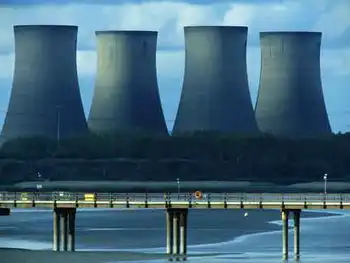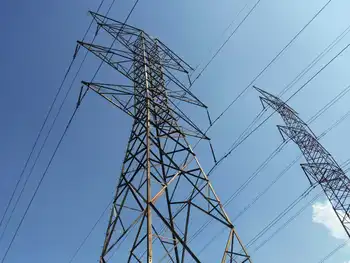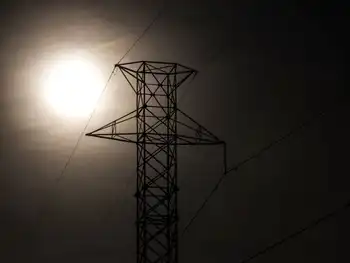Alaska sells clean coal power plant to co-op
The Healy Clean Coal Project is located at Healy, in interior Alaska, near a coal mine owned by Usibelli Mine, and a smaller 25-MW coal-fired plant now owned by GVEA.
A restart of the plant may provide an early test of President-elect Barack Obama's policies toward coal-fired power because the Healy facility has no ability to capture carbon dioxide or mercury emissions, although it does have the technology to capture sulfur dioxide and nitrogen oxide.
GVEA will pay $50 million for the plant and the state authority will finance the $50 million purchase for GVEA at 5% interest and extend a $45 million line of credit to the co-op to pay the cost of restarting the plant, Patrick Galvin, Alaska's Commissioner of Revenue, said at a briefing. Galvin is also chairman of AIDEA's board of directors. Final details of the sale agreement will be worked out in the next 30 days and the sale is expected to close in six to eight months, Galvin said.
The deal also includes the purchase of 50% of the plant's output by Homer Electric Association, a co-op serving the Kenai Peninsula south of Anchorage. Galvin said he hopes the plant could be operational in six to 18 months.
The plant has been idle since 1999 due to a commercial dispute and litigation between AIDEA, which built the plant, and GVEA, which had contracted to buy power, Galvin said.
"This is a win-win for all of us. Years of conflict have been set aside, and recent good-faith negotiations have produced a positive result for all concerned parties," Galvin said.
The commissioner said some of the environmental and regulatory permits for the plant, obtained in the 1990s, may have to be renewed, but GVEA spokeswoman Corinne Bradish said in an interview that the co-op intends to restart and operate the plant under its existing permits.
There is a particular sensitivity about the air permit because the plant is within a few miles of the boundary of Denali National Park, and federal rules limit emissions near the airsheds of national conversation units.
At the briefing, GVEA's board chairman, Bill Nordmark, said the utility will operate the plant with its existing experimental technology, which was developed by TRW in the 1990s and installed in the Healy plant as a demonstration project.
The US Department of Energy contributed $117.3 million toward the plant's $281 million cost in 1998. AIDEA operated the plant for a year for the DOE to test different types of coal with the TRW technology, which demonstrated significant reductions in sulfur dioxide and nitrogen oxide.
During a 90-day test in 1999, however, operating problems arose that GVEA claimed made the plant uneconomic to operate. A lawsuit ensued and while the co-op was relieved of its obligations to buy power, no deal could be reached on the terms for restarting the plant until the agreement was reached.
Galvin said the lawsuit will remain in state court until the deal closes.
Related News

Can Europe's atomic reactors bridge the gap to an emissions-free future?
PARIS - Shaken by the loss of Russian natural gas since the invasion of Ukraine, European countries are questioning whether they can extend the lives of their ageing nuclear reactors to maintain the supply of affordable, carbon-free electricity — but national regulators, companies and governments disagree on how long the atomic plants can be safely kept running.
Europe avoided large-scale blackouts last winter despite losing its largest supplier of natural gas, but industry is still grappling with high electricity prices and concerns about supply.
Given warnings from the International Energy Agency that the coming winters will be particularly at risk from a…




